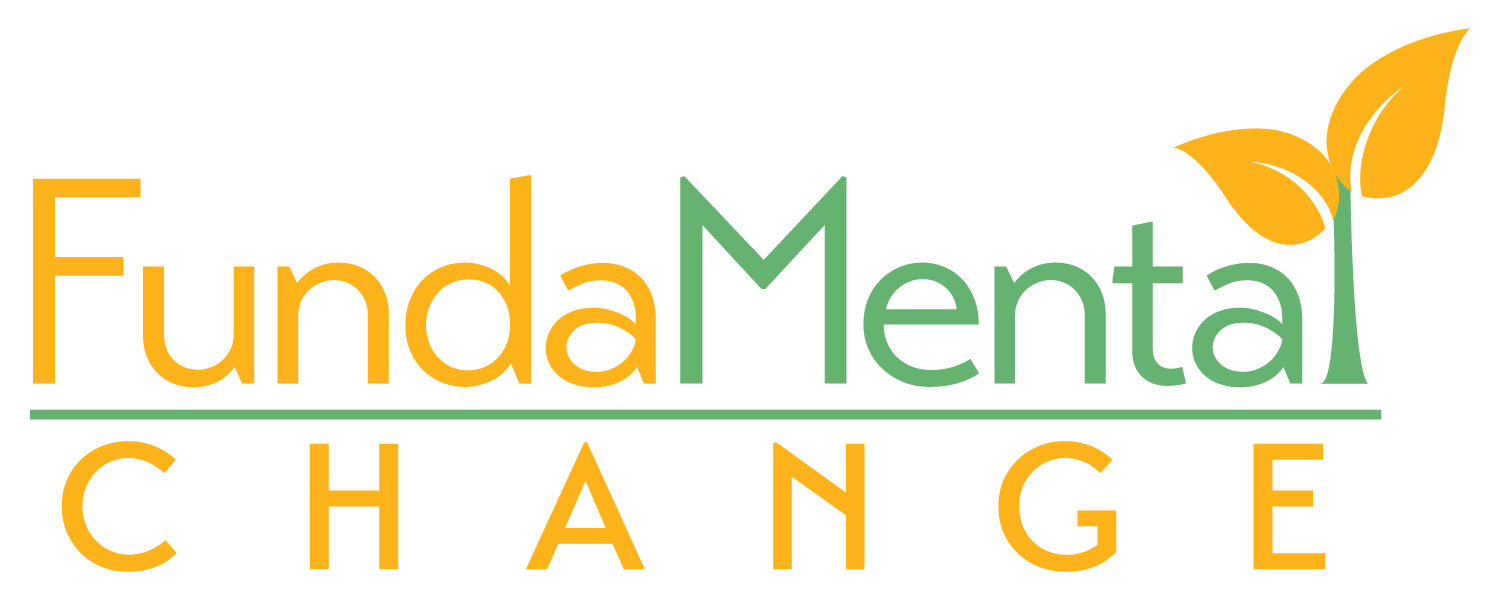What is Mental Health First Aid?
By • March 24, 2025
If someone had a heart attack, you would probably know to call for help— or maybe perform CPR if you’re trained. But, what if someone was having a panic attack, experiencing suicidal thoughts, or showing signs of severe anxiety or depression? You never know when someone might need you to help them.
This is where Mental Health First Aid (MHFA) comes in. MHFA is a training program designed to teach everyday people how to recognize, respond to, and support someone experiencing a mental health crisis.
Why Mental Health First Aid Is Important?
Mental health struggles are more common than people might realize. According to the WHO, one in four people will experience a mental health condition at some point in their lives. Yet, stigma, fear, and a lack of understanding often prevent people from getting the help they need. And when it happens to someone, rarely do people know how to step up.
Mental Health First Aid equips you with the skills to:
- Recognize warning signs of mental health struggles, like withdrawal, mood changes, or erratic behavior.
- Offer initial support in a non-judgmental and compassionate way.
- Encourage professional help and guide someone toward resources, whether that’s therapy, a hotline, or a support network.
- Handle crisis situations, such as self-harm, panic attacks, or substance abuse episodes.
How to Get Trained in Mental Health First Aid
MHFA training is widely available through various organizations and often takes about 8 hours (either in person or online). The course is usually structured around the ALGEE action plan:
- Assess for risk of harm or suicide.
- Listen non-judgmentally.
- Give reassurance and information.
- Encourage professional help.
- Encourage self-help and support strategies.
Who Should Learn MHFA?
Everyone can benefit from this practice. However, they can especially benefit:
- Employers and HR professionals – because workplace mental health should always be taken into consideration.
- Teachers and school staff – to support students struggling with anxiety, stress, or bullying.
- Community leaders and volunteers – who interact with vulnerable groups.
- Friends and family members
Where to Start
Many organizations offer MHFA training, including:
- Mental Health First Aid International
- The National Council for Mental Wellbeing (USA)
- Local mental health nonprofits and advocacy groups
One more great place to begin is with us here at FundaMental Change— a nonprofit organization dedicated to providing mental health resources and training, including Mental Health First Aid.
Founded by Angela Padilla, who experienced firsthand the impact of mental health challenges in her family, FundaMental Change works to ensure that communities have access to vital support. They offer training, resources, and events like the Annual Mental Health Symposium and Sip of Hope series, creating spaces for open conversations about mental health and suicide prevention.
The Bottom Line
Mental Health First Aid can be an equally lifesaving skill. It teaches you how to show up for people in ways that can help them. And in a world where mental health issues are rising, being someone who understands and takes action can make all the difference.
And if you're looking for a place to start, visit FundaMental Change for training, resources, and ways to get involved in mental health advocacy.
